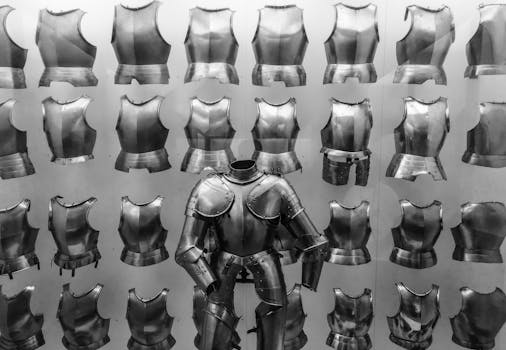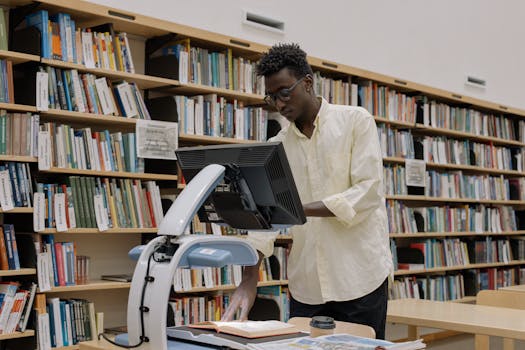You could complete a degree in a subject, such as art history, fine arts and restoration or fine arts conservation.
After your degree if you could then take professional training in valuation. You could also do a specialist postgraduate course, like art market and appraisal or arts business.
Internships
Some large auction houses offer internship programmes for university students.
Your university careers service can give you advice about internships and work experience placements, and how to find them.
Entry requirements
You'll usually need:
- 2 to 3 A levels, or equivalent, for a degree







